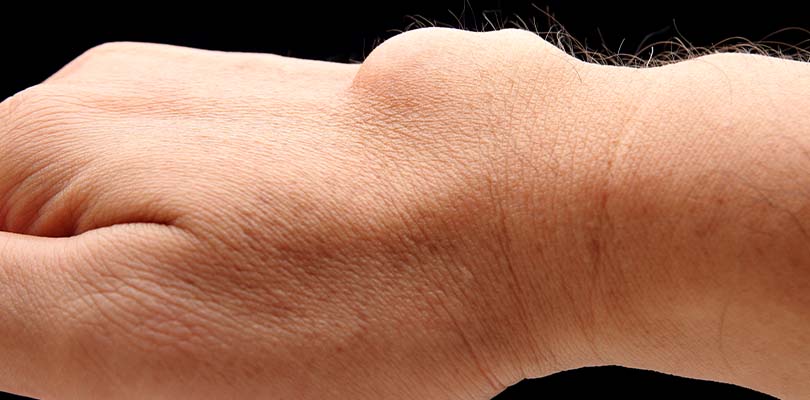Ending the Stigma With Facts
Depression, like many other mental health conditions, continues to carry an unfair amount of stigma. When there is stigma, there are people turning fact into fiction or turning fiction into fact.
This increases the amount of misinformation as people without depression will begin to establish myths about the condition, and people with depression will change the way they see themselves and their condition based on these myths.
Busting myths is a great way to demystify and destigmatize depression. Here are the top depression myths, their dangers, and their realities.
1. Depression Is All in Your Head
Many myths about depression focus on the flawed notion that it is not real, or it is the fault of the sufferer. With this in mind, many people will say depression is all in your head.
Actually, this is true — depression is all in the head of the depressed person, but not in the way the myth-believers think. Their brain is functioning differently than the average person, and their thoughts will be more negative.
Together, these issues in the head will affect the rest of the body by changing behaviors and feelings.
A heart murmur is an abnormal sound heard between heartbeats. You won’t die from a heart murmur, but the underlying cause of one should be investigated.







